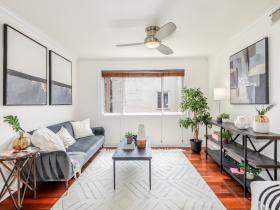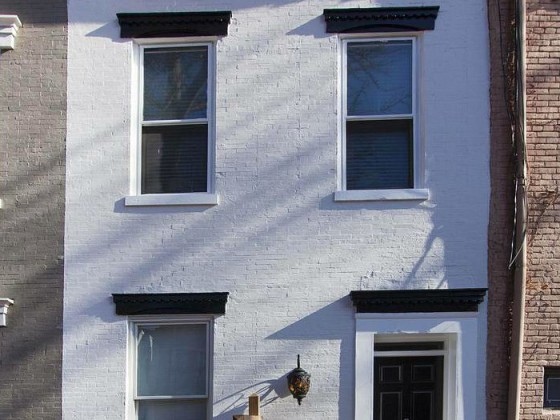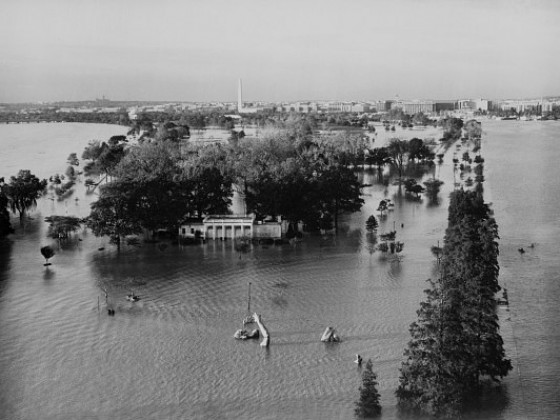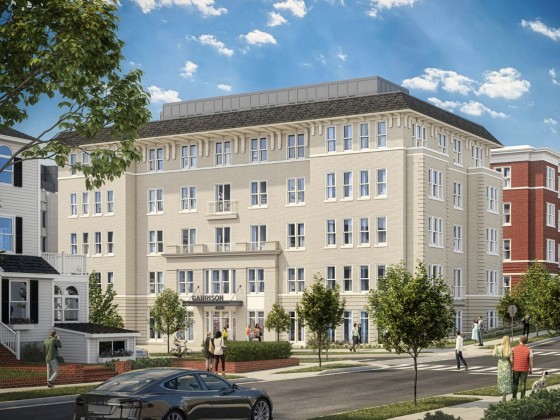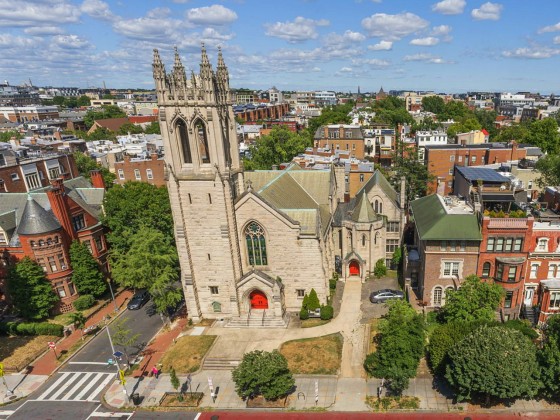What's Hot: Douglas Development Files PUD For Large Warehouse At New City Site Along New York Avenue
 The Policy Revision That Could Change the City
The Policy Revision That Could Change the City
✉️ Want to forward this article? Click here.
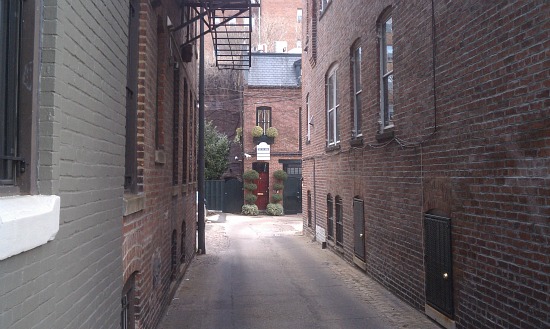
Alley dwelling may become more popular with the changes.
We know the mention of zoning makes some people want to snooze, but the revision of DC’s zoning code may have a larger impact on the future of the city than any other policy change to come through the Office of Planning. Once the new code is in place, our neighborhoods and streets will likely look undeniably different. Alley homes and accessory dwelling units may appear on existing lots, corner stores may pop up in residential areas, and the city may become greener.
2012 was the home stretch for the team working on the re-write, which has been in discussion for several years. In December and January, the Office of Planning is visiting each of DC’s wards to gather thoughts and comments on the zoning re-write from city residents. Five of those meetings will happen in the coming month and a half if you want to have a say and learn more about what’s going on. After that, the Office of Planning will make revisions and finalize a draft to present to the Office of Zoning, which will hold public hearings to analyze the new code. This should happen in 2013. When the Office of Zoning is satisfied, the new code will go into effect.
Here is our rundown on the most important changes:
Easier to Understand
Office of Planning Director Harriet Tregoning joked that the current zoning code, which has more than 1,000 amendments attached to it, should be called the “Land Use Lawyers Full Employment Act” due to its complicated nature. The proposed regulations would be reorganized and made more user-friendly so that residents will be able to easily sift through and learn what is allowed in their zone without the help of a lawyer.
Less Car Oriented
As is frequently pointed out, the current code was written in 1958, when cars were ascendant. The new code is generally supportive of a city with usable public transit and car-sharing programs. Currently, developers putting up new residential buildings must build a certain number of parking spaces. The new code would eliminate the parking minimum in certain parts of DC, like high-density residential areas near public transit; cities like Seattle have similar policies. The number of parking spaces would thus be determined by the market in that area, rather than by the code. Developers could perhaps share parking, taking over spaces that are currently unused in existing buildings. The high housing prices in new buildings are often exacerbated by the additional cost of building parking spaces, so the policy could have an impact on prices.
Greener
In order to create a greener DC, certain zones will have a mandated percentage of pervious surfaces.
Supportive of Corner Stores
In the new code, corner stores would be encouraged in areas that will be zoned R-3 and R-4. Limitations would protect existing commercial zones and the residential quality of the neighborhood: no more than four stores would be allowed per block, the hours of operation and size will be limited, and stores cannot open up within 500 feet of a commercial zone. These numbers may be adjusted on a neighborhood-to-neighborhood basis.
Differentiated Neighborhoods, Preserved Character
The new code would have customized zones in different neighborhoods to preserve community character and historic building patterns. Additionally, the code will try to reign in “pop-ups” — the addition of a new floor on an existing row house — by establishing measuring points that are low and uniform in certain neighborhoods. Also, the proposed changes would eliminate incentives to fill in narrow courts and side yards in row house zones.
Accessory Dwelling Units
Under the new code, there would be a few changes to the current rules regarding accessory dwelling units, with the general goal of encouraging them in some areas, particularly sections of the city with garages and carriages houses that could be turned into income properties. Accessory dwellings would help to accommodate DC’s growing population and allow aging residents to supplement their incomes without leaving their homes. In some cases, the new code would tighten up regulations, while in others, accessory dwellings would be allowed “by right”, meaning they can be constructed without special permission from the Office of Zoning, as is required now.
Previous Best Of 2012 entries:
- The Best Listing of the Year (For Mere Mortals)
- Best Reasons to Never Own a Car or Hail a Cab
- The Best Listing of the Year (For Well-Paid Lobbyists)
- Most Notable Trends of 2012: Micro-Units, Tight Inventory and Fundrise
- The Hippest Supreme Court Decision of 2012
- Best House History of the Year: From Pie to Hooch to Heroin
- Most Buzzed About Avenue: 9th Street NW
- Best Transition From a Garage To a Home
- Most Improved Rep of 2012: Anacostia
See other articles related to: best of 2012, zoning, zoning changes, zoning code
This article originally published at https://dc.urbanturf.com/articles/blog/best_wonky_policy_revision_that_could_change_everything_in_dc/6410.
Most Popular... This Week • Last 30 Days • Ever

When you buy a home in the District, you will have to pay property taxes along with y... read »
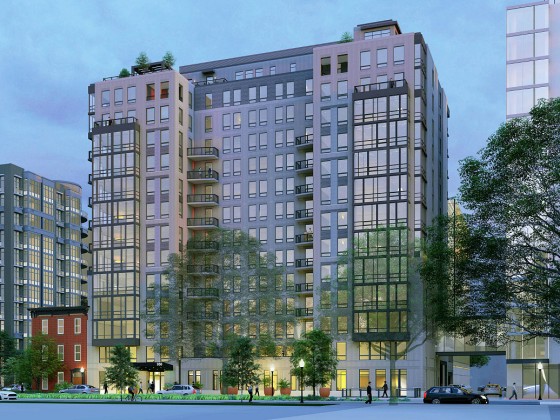
The largest condominium building in downtown DC in recent memory is currently under c... read »
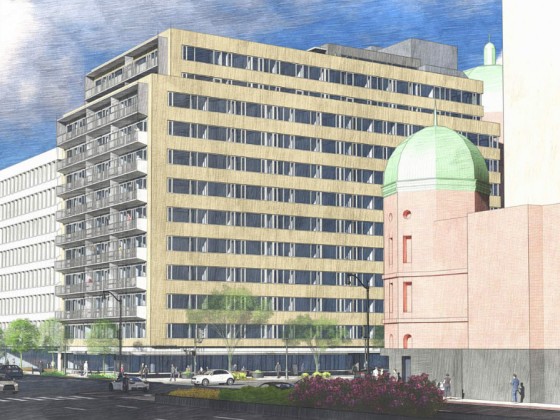
The plan to convert a Dupont Circle office building into a residential development ap... read »
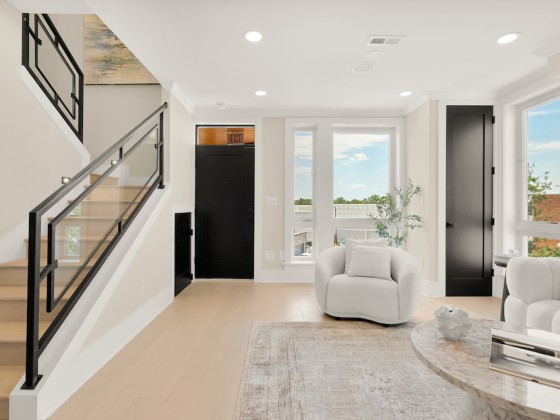
The Rivière includes just 20 homes located on the eastern banks of the Anacostia Riv... read »
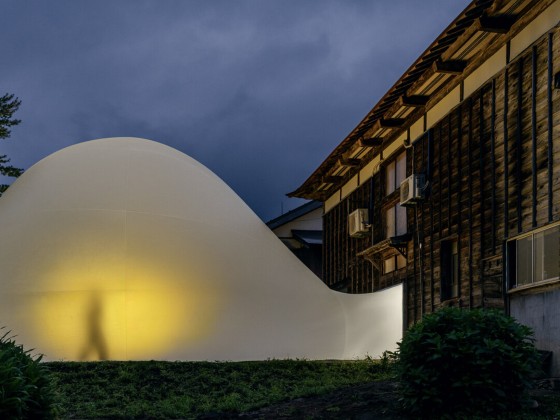
Why Tyra Banks is serving ice cream in DC; a bike shop/record store opens in Adams Mo... read »
DC Real Estate Guides
Short guides to navigating the DC-area real estate market
We've collected all our helpful guides for buying, selling and renting in and around Washington, DC in one place. Start browsing below!
First-Timer Primers
Intro guides for first-time home buyers
Unique Spaces
Awesome and unusual real estate from across the DC Metro





